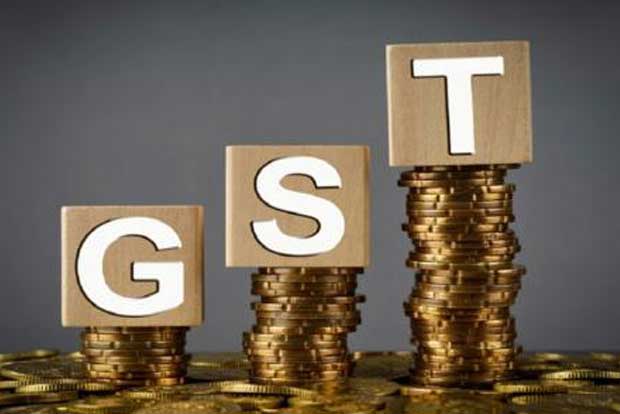Begin typing your search...
A year on, grievances of GST stakeholders persist
All is not well with the Goods and Service Tax (GST) for several stakeholders relying on business enterprises. It has been a year now since the introduction of the tax regime, but grievances of stakeholders remain unaddressed.

Madurai
Though GST, which has its own merit, was rolled out by the Centre on July 1 last year with the concept of ‘One nation, one tax’, the stakeholders feel they have been left in the lurch.
Speaking to DT Next on Sunday, JP Joe Villavarayar, president, Thoothukudi Ship Agents Association, said there’s a delay in providing GST refund. Even after a year had gone by following its rollout, the GST machinery is not yet robust, he said. It’s high time the authorities created more awareness about the GST and streamlined tax compliance processes.
He said the logistics industry had suffered the tax burden significantly as the government levied a high GST rate and value added tax (VAT) as well. Apart from a 28 per cent GST, 14 per cent VAT was also being levied.
However, for DR Kodeeswaran, secretary, Indian Chamber of Commerce and Industry, Thoothukudi, overall the GST regime has had a positive impact on trade, industry and the service sector. As far as clarification and advance rulings were concerned, the authority response was good, but it should be strengthened to reduce litigation on GST matters, he said.
Tariff rationalisation under GST should be brought down to 12 per cent maximum and the GST law should be more taxpayer friendly, he said. Further, he opined that, “The matching of input tax credit will be useful to the taxpayer as it can avoid disputes in future.”
On the ‘E-way bill mechanism’, which was introduced this year, he said it would facilitate ease of doing business only after a few years of operation. To its credit, the transportation time has been now reduced by 10 per cent to 20 per cent.
But, the GST transaction was difficult than expected. Initially, there was an issue with the network portal. Citing such shortcomings, he felt there could be a lack of trained manpower. There were too many amendments and notifications, which was not well conceived by the taxpayers.
Importantly, for exporters, in terms of GST refund, there was a mismatch of data in forms GSTR-1 and GSTR-3B on shipping bills and many had not received refund even after 90 days, affecting cash flow and export trade, Kodeeswaran pointed out.
Visit news.dtnext.in to explore our interactive epaper!
Download the DT Next app for more exciting features!
Click here for iOS
Click here for Android
Next Story



